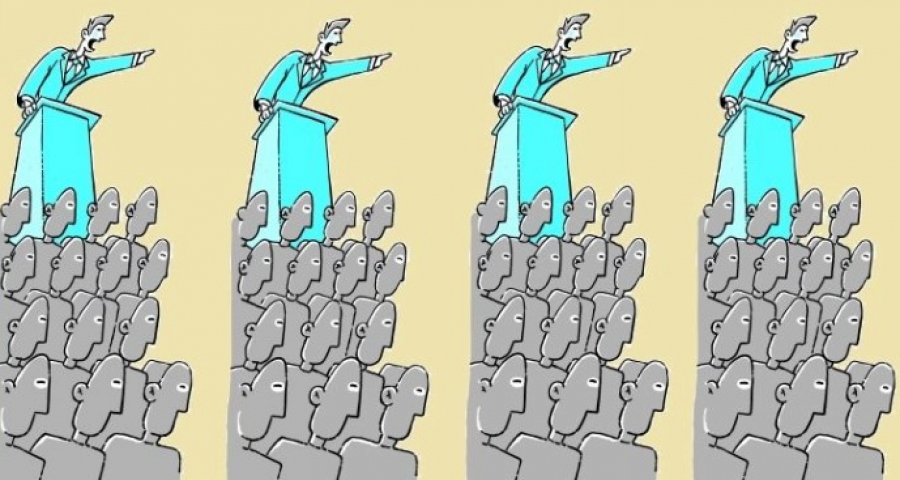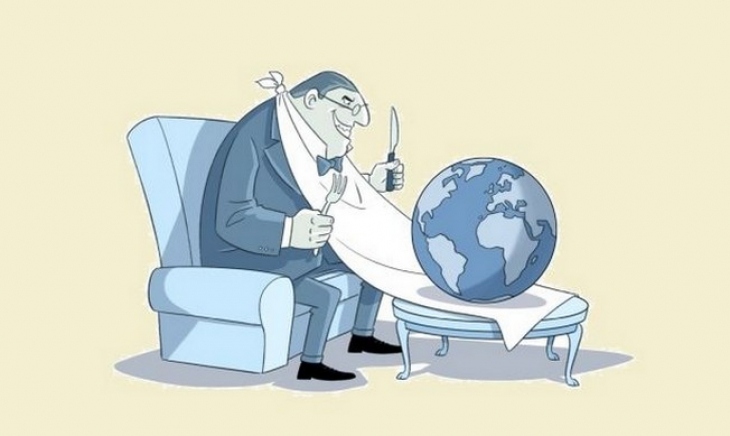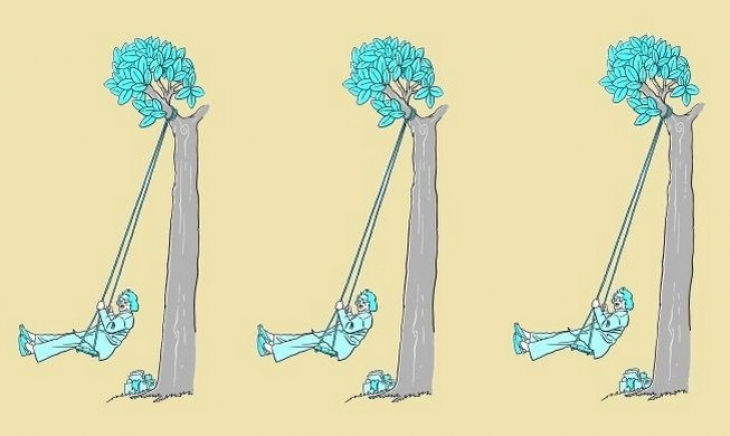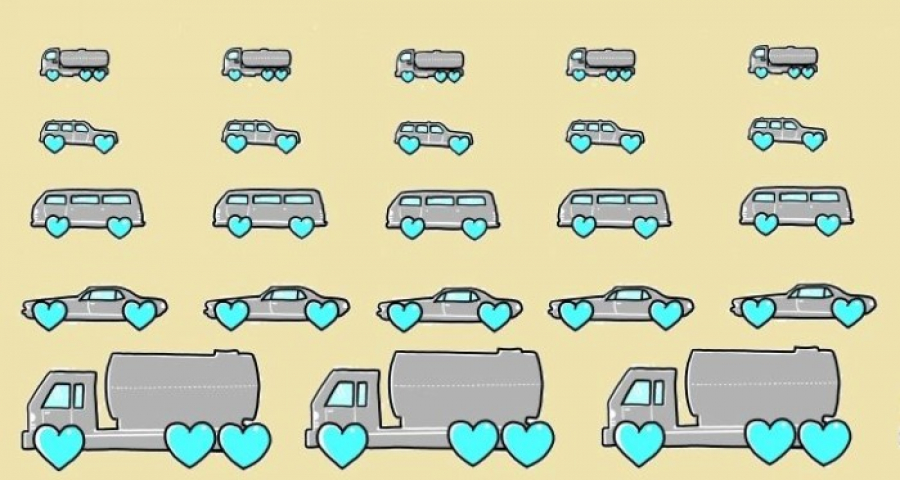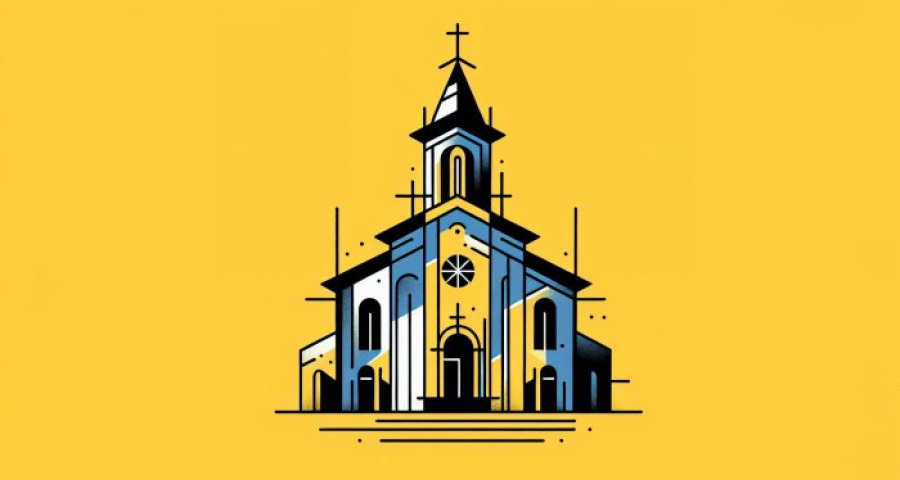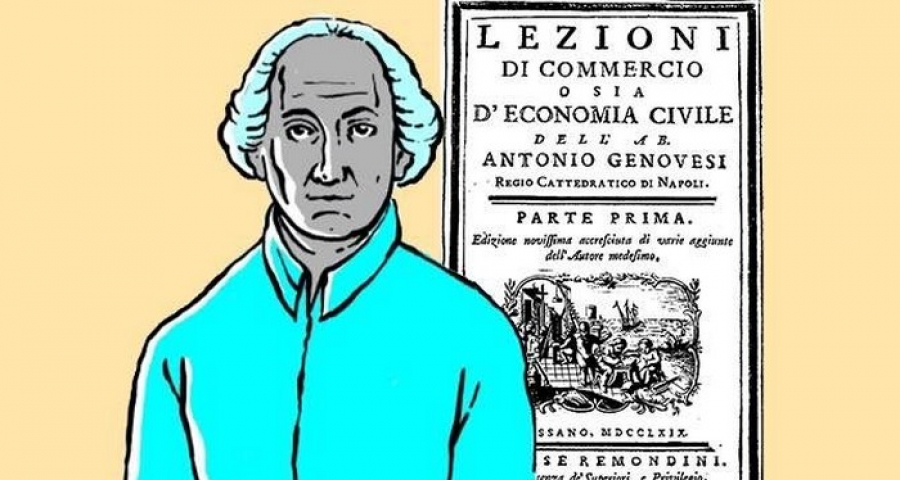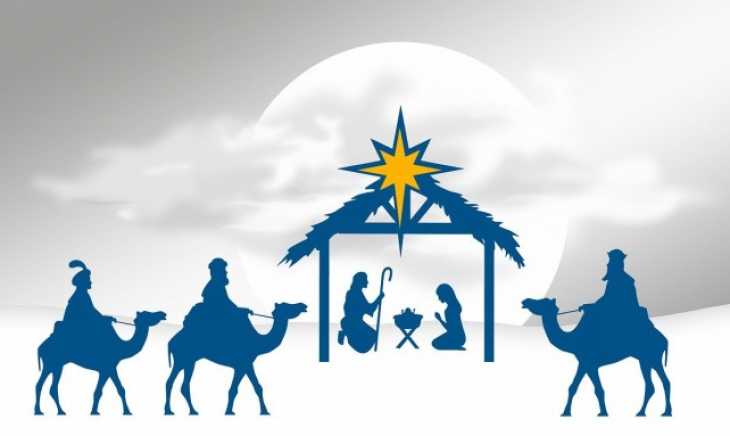The more the fashion of leadership grows, the more our democracy weakens into a leader-cracy. Perhaps, then, we should all care about it more.
by Luigino Bruni
published in Messaggero di Sant'Antonio on 03/12/2024
Leadership has become one of the dogmas of the new capitalism. We have already discussed it on these pages, and now we return to it again to reflect on its other dimensions. By now there is no university that does not have entire courses on leadership, and not only in the faculties of economics or management; there are also many in philosophy, engineering, and increasingly in the theological and pontifical faculties, where the accompanying adjectives – inclusive, gentle, Trinitarian, Benedictine, Franciscan leadership... – are multiplying. It is not easy to understand whether the demand (of the public) has driven the supply (of the universities) or vice versa; or whether this fashion has reached its peak or we are only at the beginning of what is destined to become a real and new worldwide popular cult, where we will all be called upon to become leaders (and where will we find enough followers?).
Here I want to focus on two aspects. The first has to do with a somewhat paradoxical fact. As the fashion for leadership explodes, companies are beginning to experience a shortage of candidates for roles of responsibility. Despite the high salaries and the prestige of the role, fewer and fewer people are willing to accept proposals for positions of governance and leadership of work groups, institutions or communities. This has already been evident for some time in the administration of municipalities, where it is increasingly difficult to find people willing to run for mayor or councillor. But for some time now this trend has also been reaching businesses and organisations. The great complexity of the new workers and their new frailties, the growth of conflicts and new forms of complaints in the workplace, mean that people are settling for lower salaries and a less anxious life – ‘why should I take on more responsibility and unpredictable risks every day, just for “a few extra dollars”?’ Thus, a new, unprecedented season of famine of responsibility is in sight, which will lead to new, perhaps very deep, crises. At the same time, and as a natural consequence, those who instead offer themselves for leadership roles are the people least suited to the role itself. They may have done a lot of training to become a good leader: because, in general, those who self-candidate for government roles are almost always the wrong people (it is a phenomenon studied in economics as ‘adverse selection’).
The second aspect concerns the damage that the fashion for leaders is already doing in political life. What we are now observing in many countries in recent years is a shift in democratic life towards new forms of government centred on the charismatic leader, which is the other name for populism. We have known for at least a century and a half that democracy is not the government of the majority but the government of the elites, which, as Pareto recalled, are almost always made up of the same people despite the movements of different parties. But today the phenomenon is changing forms, and the political game – from the USA to Italy, passing through many European and South American countries – is increasingly played on the personal and charismatic characteristics of a single person, of the leader. Programmes, parties, parliaments count less and less: what is really important is the direct ‘pact’ between the leader and the people, bypassing all intermediate bodies and counterweights. The more the fashion of leadership grows, the more our democracy weakens into a leader-cracy. Perhaps, then, we should all care about it more.
Credit Foto: © Giuliano Dinon / Archivio MSA






